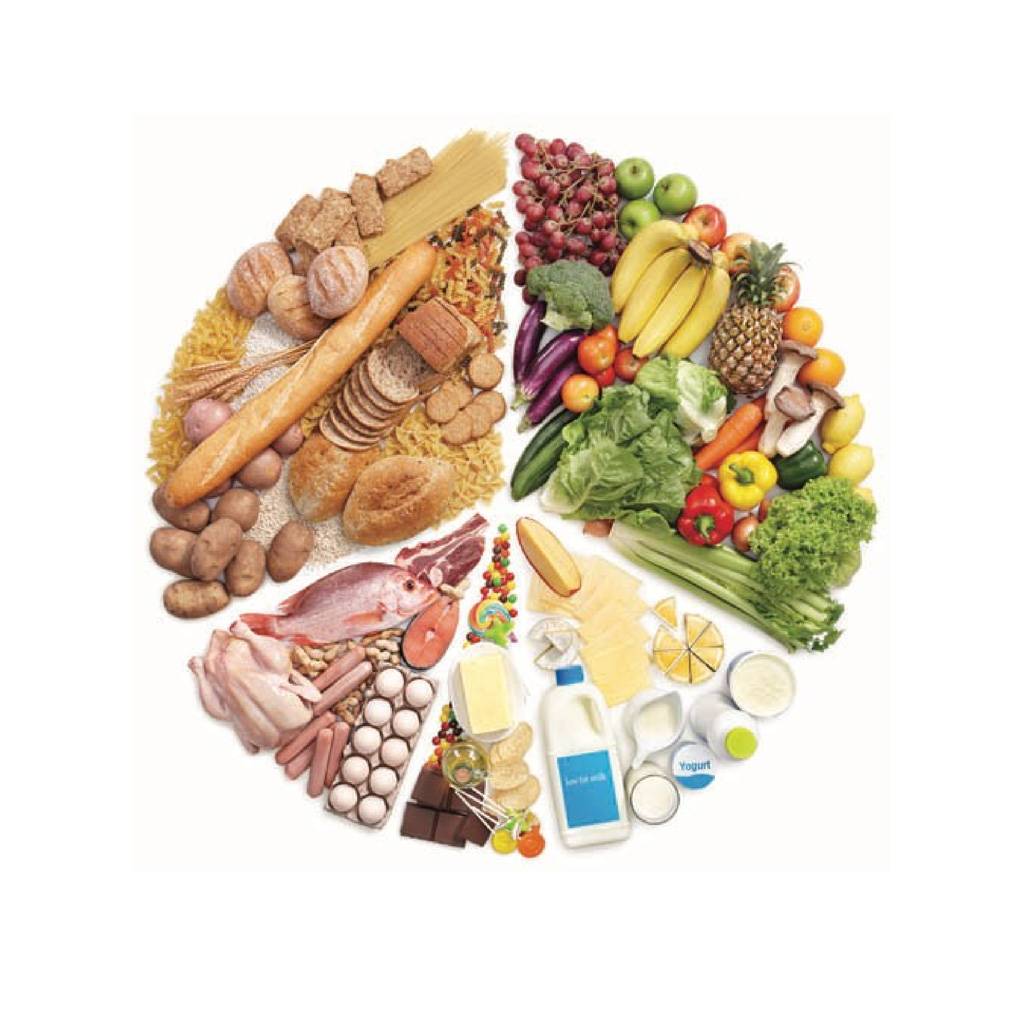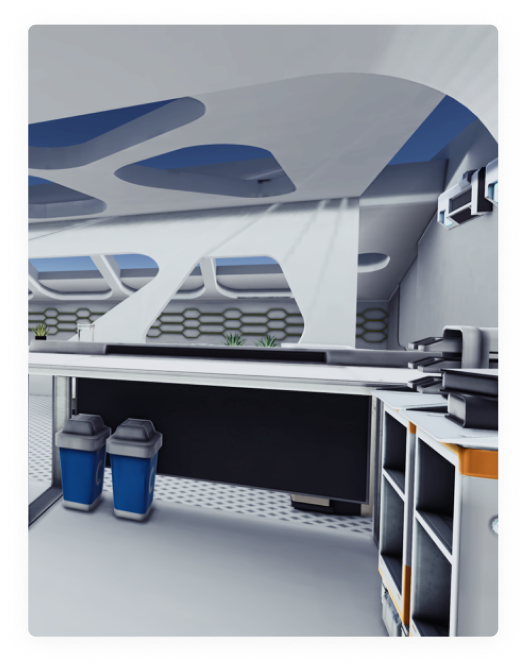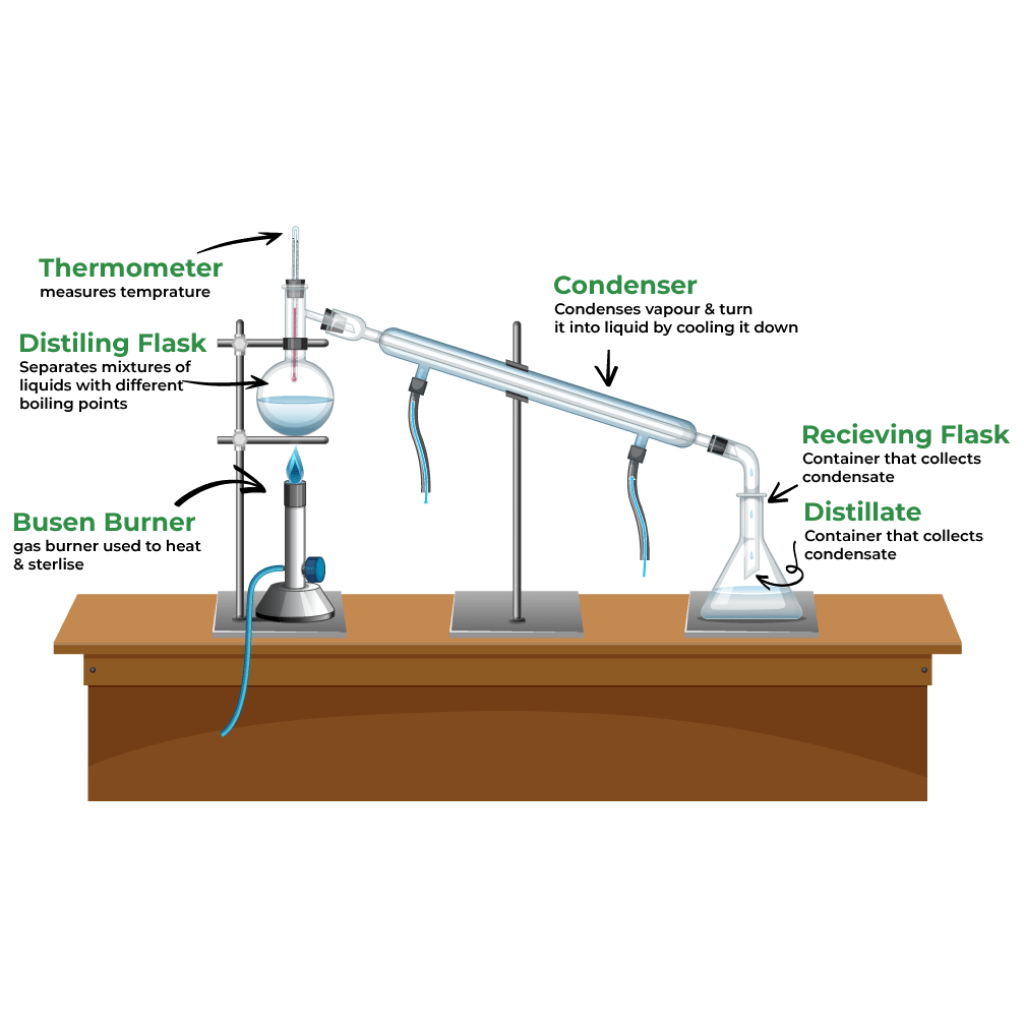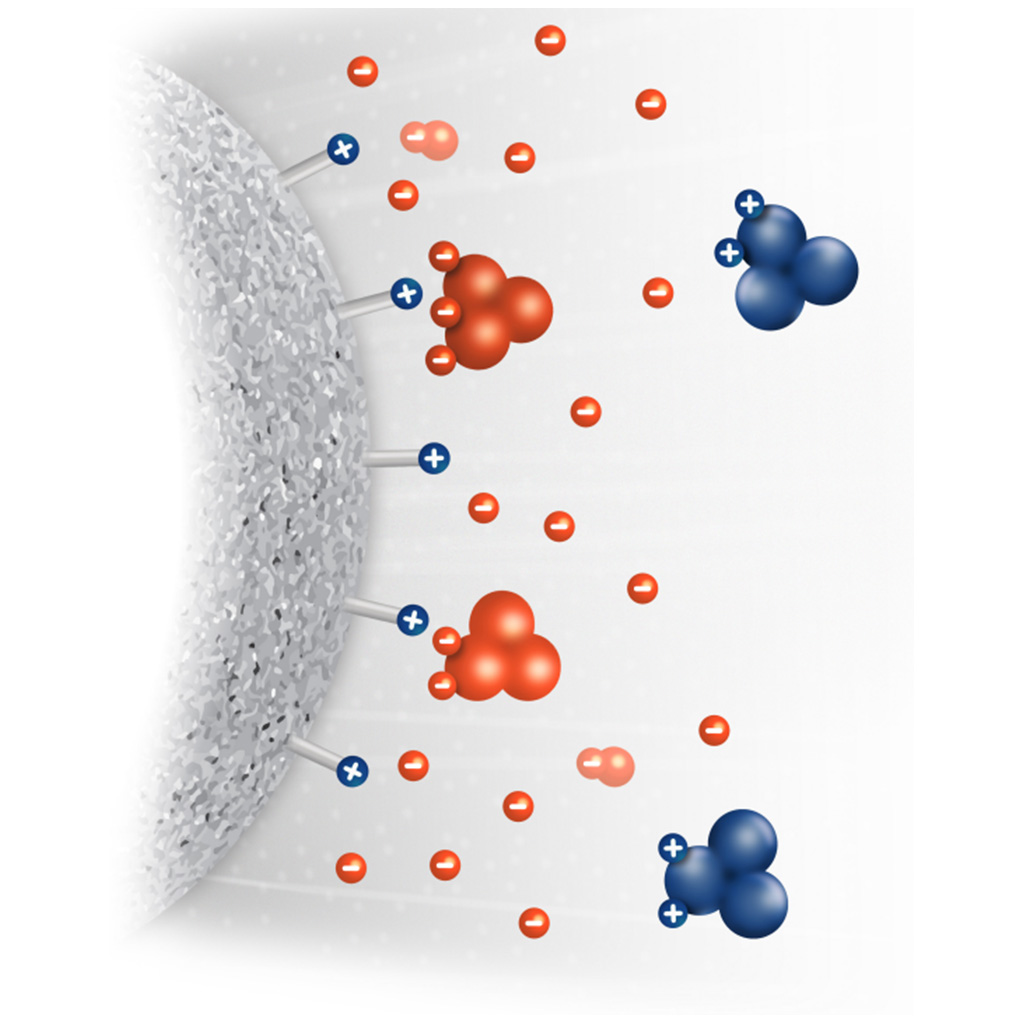Virtual Lab: Exploring the Basics of Food Macromolecules
Can you apply your understanding of food macromolecules to persuade your friend to adopt a more nutritious diet?

Can you apply your understanding of food macromolecules to persuade your friend to adopt a more nutritious diet?

imaginX is used by many amazing schools and universities
University / College
Enhance students' involvement in science by immersing them in interactive learning scenarios. Create simulations for experiments, provide hands-on training in laboratory techniques, and convey theoretical concepts through captivating visual experiences to improve their overall long-term learning outcomes.






Biology
Discover the art of segregating a blend of liquids into their pure constituents via the technique of fractional distillation. Team up with our laboratory assistant, Dr. One, to grasp the operation of a fractionating column and establish an effective distillation process!

Biology
Can you apply your understanding of food macromolecules to persuade your friend to adopt a more nutritious diet?

Biology
Explore the operation and foundational principles of ion exchange chromatography while acquiring hands-on expertise in purifying a protein associated with Parkinsons disease. This practical experience will contribute to the study of the relationship between the protein and the disease.